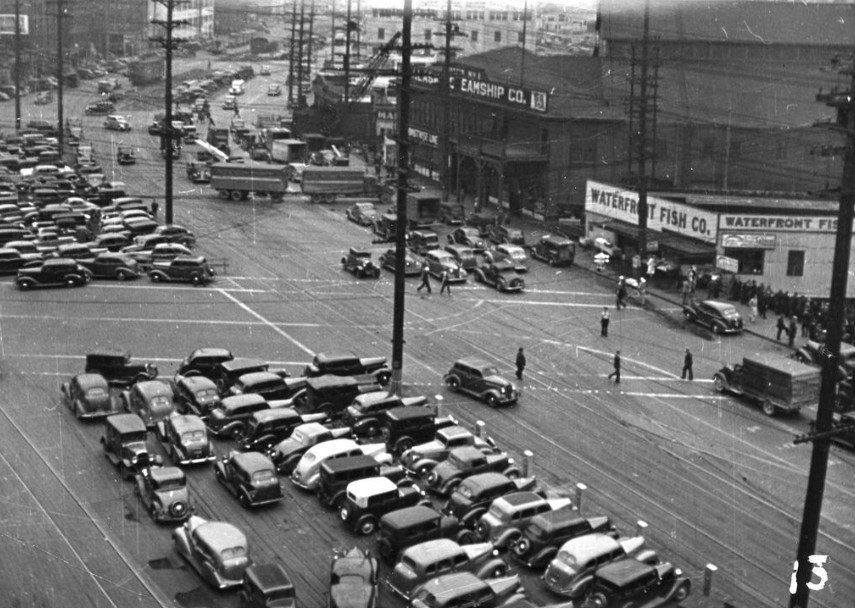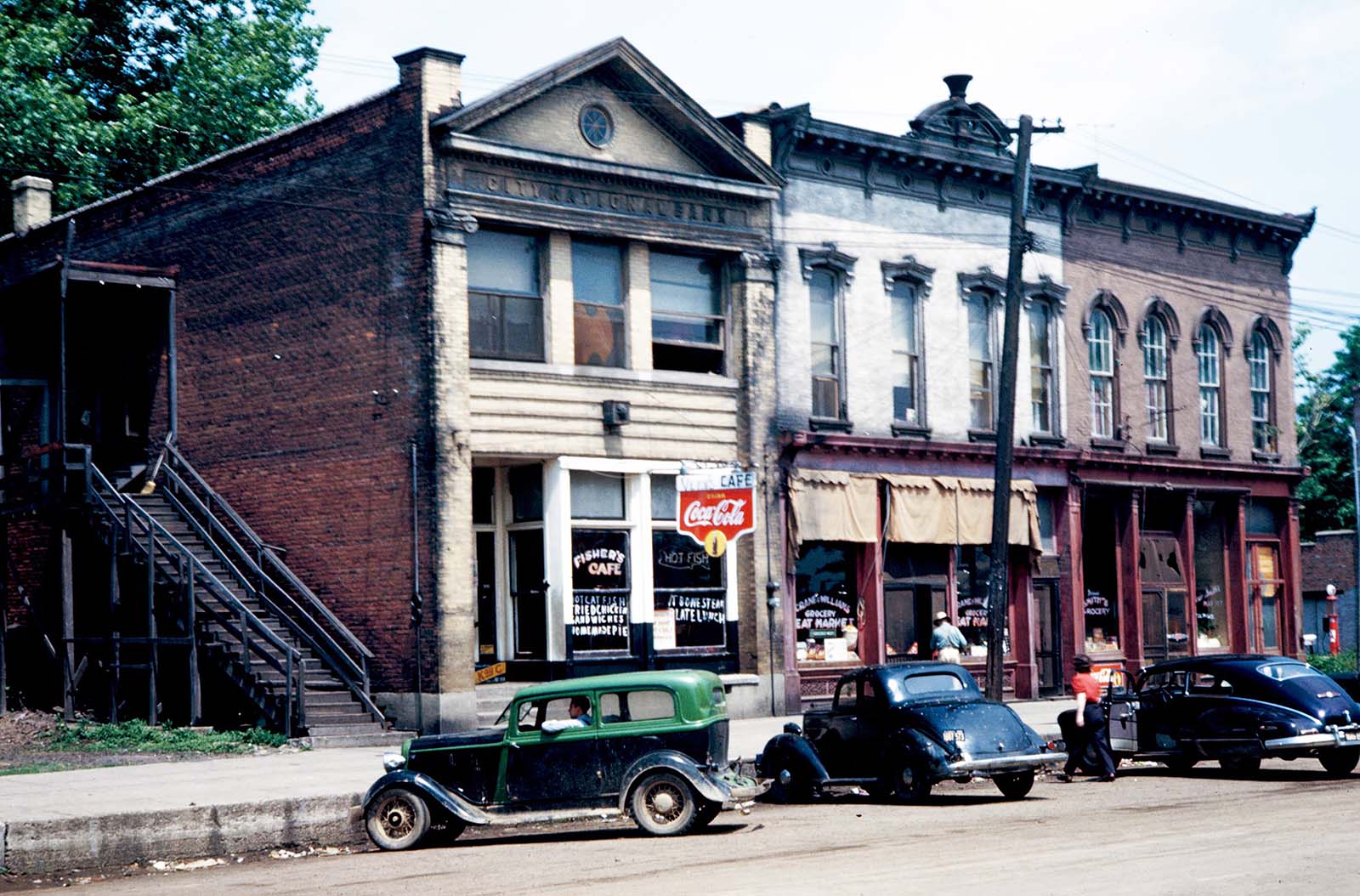In the realm of 1980s television, "Night Court" shines as a beloved sitcom that brilliantly blended humor, heart, and a quirky cast of characters. Airing from 1984 to 1992, the show provided viewers with a comedic look at the offbeat world of a Manhattan night court. With its witty writing, memorable characters, and an ensemble cast led by the incomparable Harry Anderson, "Night Court" remains a cherished classic that continues to bring laughter to audiences. In this article, we'll step into the eccentric world of Judge Harry Stone and his colleagues and explore why "Night Court" remains a symbol of '80s sitcom charm.
(Watch the video below)

The Plot and Characters

"Night Court" revolves around the night shift at the Manhattan Municipal Court, a setting that allows for a colorful cast of characters and wild cases to take center stage. At the heart of the show is Judge Harry T. Stone, portrayed by Harry Anderson. Judge Stone is a youthful and compassionate judge who presides over the night court sessions with a lighthearted and unconventional approach.
Assisting Judge Stone are the court clerk, Mac Robinson, played by Charles Robinson, and the bailiff, Nostradamus "Bull" Shannon, portrayed by Richard Moll. Mac is the level-headed and loyal friend of Judge Stone, while Bull is a towering but gentle giant with a soft spot for the people who appear before the court.
The show's ensemble cast also includes public defender Christine Sullivan, played by Markie Post, a kind-hearted and determined attorney who often finds herself in humorous and challenging situations. Additionally, there is Dan Fielding, played by John Larroquette, a sleazy and self-absorbed assistant district attorney who frequently clashes with Judge Stone.
Themes of Laughter and Eccentricity

"Night Court" is renowned for its offbeat humor and outlandish courtroom cases, which often involve eccentric individuals and bizarre circumstances. The show thrived on absurd situations, clever wordplay, and slapstick comedy, making it a unique and hilarious addition to the sitcom genre.
Through its witty writing and quirky characters, "Night Court" masterfully combined humor with heartfelt moments, making the show not only a laughter-inducing comedy but also a source of genuine warmth and empathy.
Tackling Social Issues

While "Night Court" primarily focused on comedy, it also occasionally delved into more serious themes and social issues. The show touched on topics such as homelessness, mental health, and the struggles faced by marginalized communities. In these instances, "Night Court" demonstrated its ability to balance humor with social commentary, bringing a degree of awareness to important issues while keeping its light-hearted tone intact.
Cultural Impact and Legacy
During its original run, "Night Court" received critical acclaim and was a commercial success. The show garnered a loyal fan base and earned numerous awards, including several Primetime Emmy Awards for writing and acting.
The series also made a significant cultural impact, contributing to the popularity of sitcoms during the 1980s and 1990s. The show's ensemble cast, witty dialogue, and memorable catchphrases became iconic elements of American television.
The Enduring Appeal

Despite its conclusion in 1992, "Night Court" continues to enjoy a devoted following and remains a beloved classic among fans of comedy and courtroom drama. The show's humor, distinctive characters, and unique premise have contributed to its enduring appeal, ensuring that it remains a cherished part of television history.
The Cast's Post-"Night Court" Careers
After "Night Court," the cast members went on to pursue various careers in the entertainment industry, with many of them continuing to act in television and film projects.
Harry Anderson, who portrayed Judge Harry T. Stone, continued to act in television shows and appeared as a guest on various talk shows. He also pursued a career as a magician, combining his passion for magic with his comedic talents.

Markie Post, who played Christine Sullivan, continued to have a successful acting career, appearing in numerous television shows and films. She became a well-known figure in the entertainment industry, with roles in popular series such as "The Fall Guy" and "Hearts Afire."
John Larroquette, who portrayed Dan Fielding, received critical acclaim for his role on "Night Court" and went on to have a successful career in television and film. He won four consecutive Emmy Awards for Outstanding Supporting Actor in a Comedy Series for his performance on the show.

Charles Robinson, who played Mac Robinson, continued to act in television shows and films, with roles in popular series such as "Love & War" and "Home Improvement."
Richard Moll, who portrayed Bull Shannon, continued to act in television shows and films, and his distinctive voice earned him several voice acting roles in animated series and films.
Conclusion
"Night Court" remains a beloved sitcom that charmed audiences with its eccentric characters, witty humor, and endearing stories. The show's offbeat courtroom cases, colorful cast, and unique setting set it apart from other sitcoms of its time, earning it a dedicated fan base and critical acclaim.
Through its blend of comedy, social commentary, and heartwarming moments, "Night Court" has left an enduring legacy in the world of television. The show's humor and themes of empathy and understanding continue to resonate with viewers, ensuring that "Night Court" remains a treasured part of television history.



